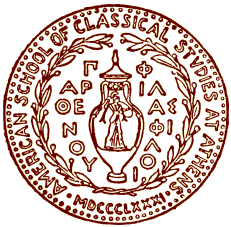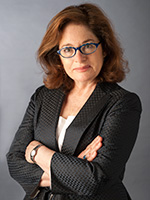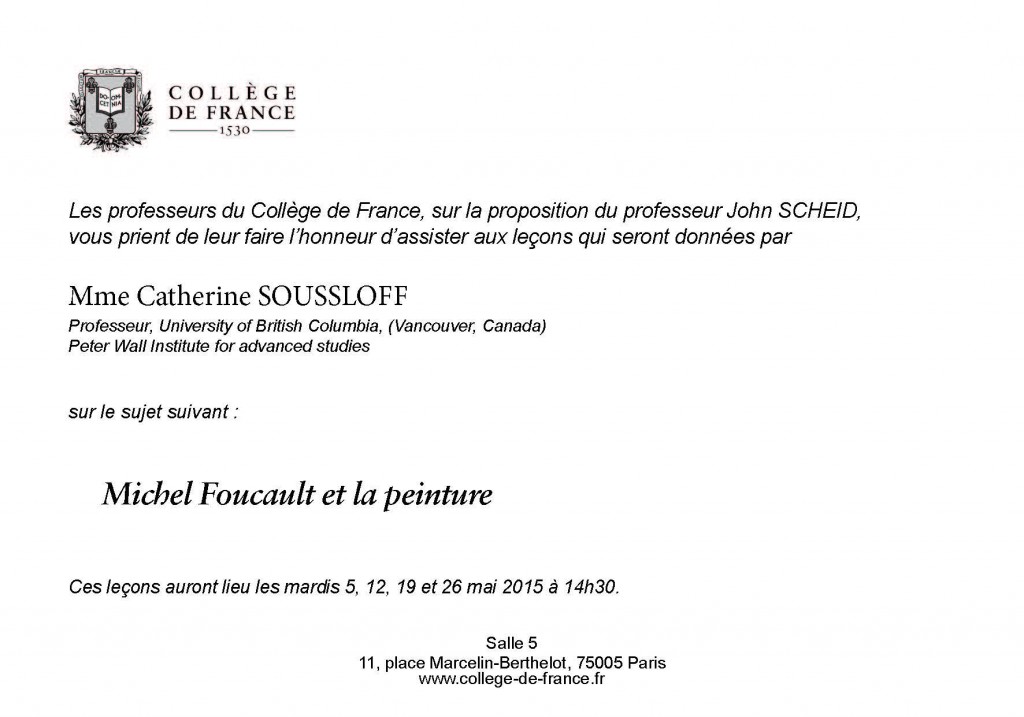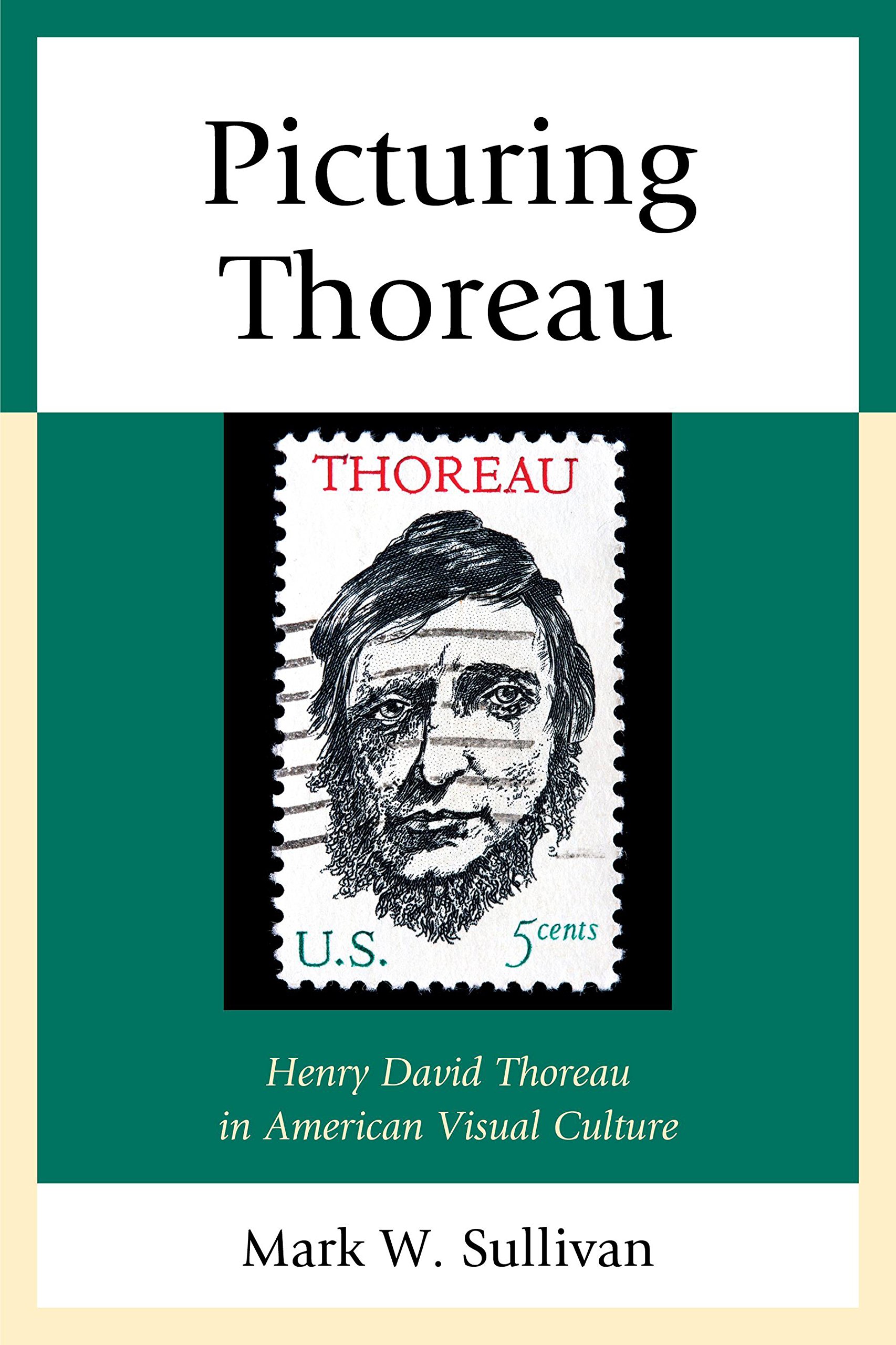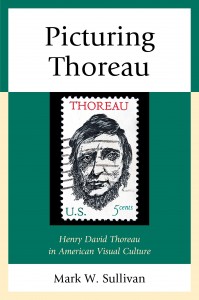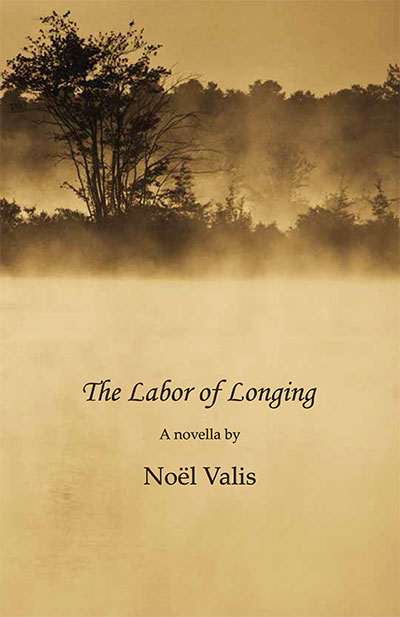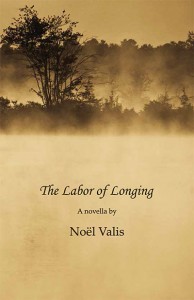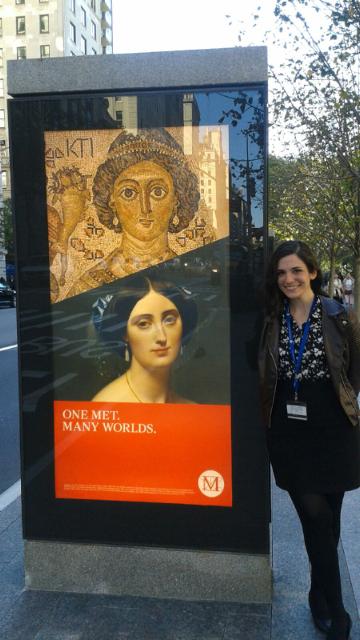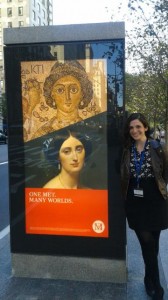This past September, Christina Marinelli became Education Programs Associate in the Academic Programs division of the Education Department at the Metropolitan Museum of Art. Principally, Christina is responsible for the workings of the Met’s fellowship office – working with the various curatorial and conservation departments to host fellows and visiting scholars, and organizing professional development workshops, research roundtables, and an annual colloquia in which the fellows present their work. Additionally, she coordinates a staff exchange program between the Met and the State Museums in Berlin.
In her new role, Christina particularly enjoys the opportunity to teach in the galleries to a variety of age groups (from grammar school through college students and adults) and to facilitate gallery programming.
Christina received her MA in Classical and Near Eastern Archaeology in 2013. Her thesis, “The Rites of Artemis Brauronia: A Reconsideration,” sought to reevaluate the material finds from Brauron alongside the textual traditions to arrive at a more holistic understanding of how the site was used.
Congratulations, Christina!
